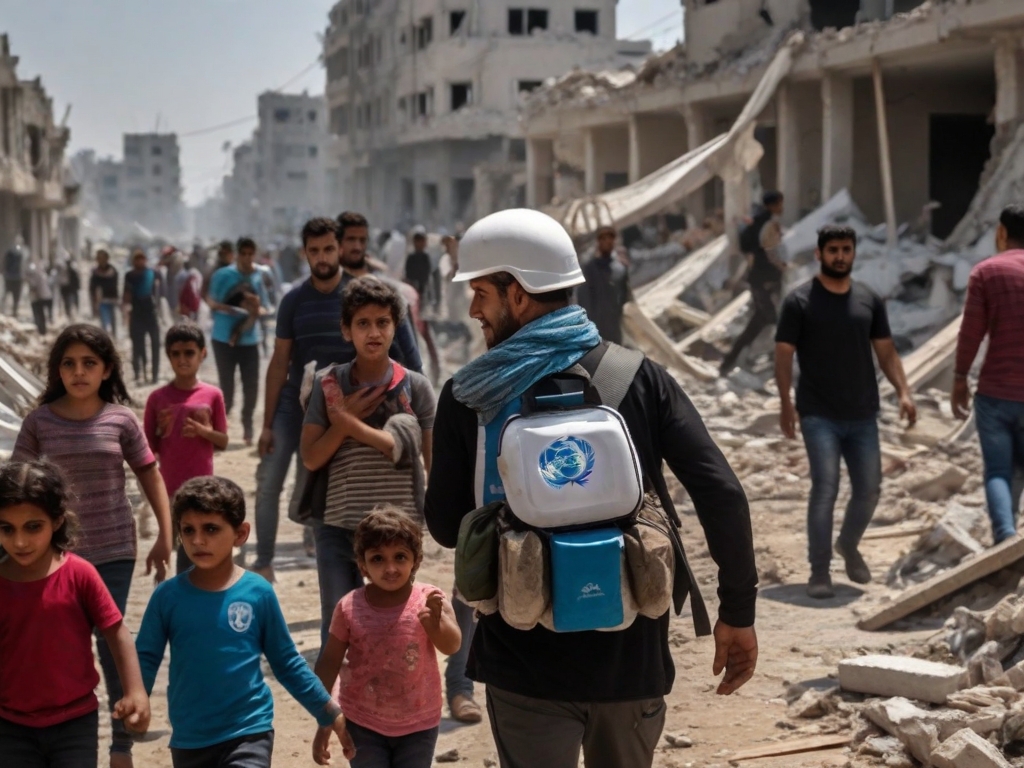Palestine
Future Perspectives in the Israeli-Palestinian Conflict, Middle East and Palestine- 7 –
7. Future Perspectives in the Israeli-Palestinian Conflict: A View from the Middle East and Palestine.
The persistent conflict between Israel and Palestine, rooted in historical claims and geopolitical tensions, remains a pressing issue that has confused world leaders and created longstanding antipathies. By analyzing both Western and Middle Eastern perspectives, a multifaceted understanding of the conflict emerges, each with its own narrative and emphasis on different aspects of the ongoing struggle. This article explores the various dimensions of this conflict and the future prospects for the region, with a special focus on the Middle East and the situation in Palestine.
Western and Middle Eastern Analysis of the Conflict.
Historical and Geopolitical Complexity – Future Perspectives –
From the Western perspective, conflict is often described as intractable and complex because of its historical roots and the myriad of internal and external factors that contribute to its perpetuation. The dynamics between Israel and Palestine are also intertwined with broader regional tensions in the Middle East, such as political instability and armed conflicts in neighboring countries like Syria and Lebanon. The application of game theory has been used to dissect the underlying incentives and structural dynamics that drive conflict longevity.
Recent Escalation and Implications for the Middle East.
The October 2023 conflict between Israel and Hamas marked a significant escalation, reflecting the continued volatility of the situation in Palestine and its resonance in the Middle East. The recent war in Gaza has been seen as an exemplification of old grievances, with allegations of war crimes and a major impact on journalism in the region.
Future Perspectives: Between Hope and Despair
Social Dynamics and Policy
Looking ahead, the Israeli-Palestinian conflict is at a critical juncture with various social trends affecting the trajectory of peace and violence. The “four races” defined by the United States Institute of Peace encapsulate these trends as battles between polarization and unity, moderation and extremism, hope and despair, and stagnation and change within Israeli and Palestinian societies.
International Commitments and Future Perspectives for Palestine.
Sustainable conflict resolution requires addressing these internal social trends, as well as engaging in meaningful initiatives to reverse the current trajectory of violence and distrust. Regional geopolitical shifts in the Middle East and a robust civil society ecosystem in Palestine could potentially offer new avenues for progress toward a more peaceful and just resolution of the Israeli-Palestinian conflict.
<< 6. Humanitarian Consequences


